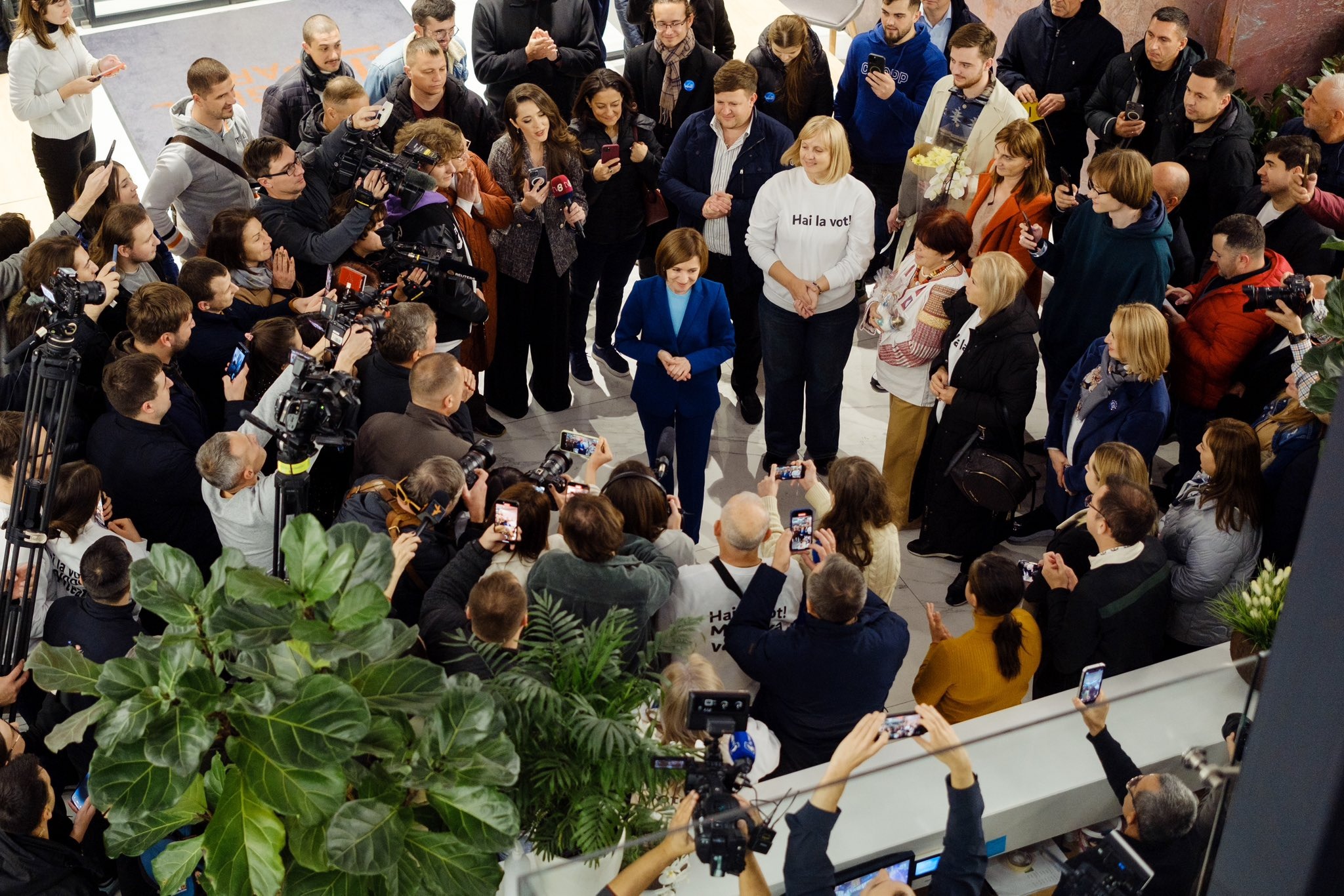Anastasia Pociumban from the German Council on Foreign Relations (DGAP) told Ukrinform that Moldova’s recent presidential elections saw substantial foreign interference and manipulation. She cautions that with the 2025 parliamentary elections approaching, Moldova may face intensified Russian influence efforts.
Pociumban emphasized that while the presidential election resulted in Maia Sandu’s victory, the narrow margin of support among local voters suggests ongoing divisions within Moldovan society.
“These elections were conducted under unprecedented interference, including voter manipulation, organized voter transport to polling stations, cyberattacks, and bribery. Despite these obstacles, Sandu secured victory; however, only 48.76% of voters within Moldova supported her,” the expert noted.
In early October, Moldovan detectives uncovered a Moscow-orchestrated “mafia-style” network that funneled over $15 million to 130,000 citizens in September. Banned pro-Russian party founder Ilan Șor, a fugitive oligarch hiding in Russia, allegedly laundered funds through banks to bribe voters ahead of elections and the EU referendum.
In the context of the recent referendum on European integration, Pociumban pointed out that the slim difference between “for” and “against” votes indicates that the initiative did not resonate broadly enough to unify the country around pro-EU sentiments. This division presents an opportunity for Russian-backed forces to exploit public discontent and push an “anti-European agenda.”
As Moldova gears up for its 2025 parliamentary elections, Pociumban anticipates that various parties will attempt to siphon votes from Sandu’s ruling Party of Action and Solidarity (PAS). This shift could further polarize Moldovan society, exacerbating tensions and conflicts among the electorate.
Related:
- Diaspora vote clinches Sandu’s re-election in Moldova, reflecting deep divisions within the country
- Russia-based oligarch funneled $39 million into vote-buying scheme in Moldova
- Moldova’s presidential election: the Russians were not coming (this time)
- Moldova raises concerns over Russian threats aimed at disrupting EU polling stations
- Sandu claims 300,000 votes bought in “fraud of unprecedented scale” at first round of Moldova’s presidential election
- Inside Russia’s € 150 million propaganda blitz to undermine Moldova’s EU path




